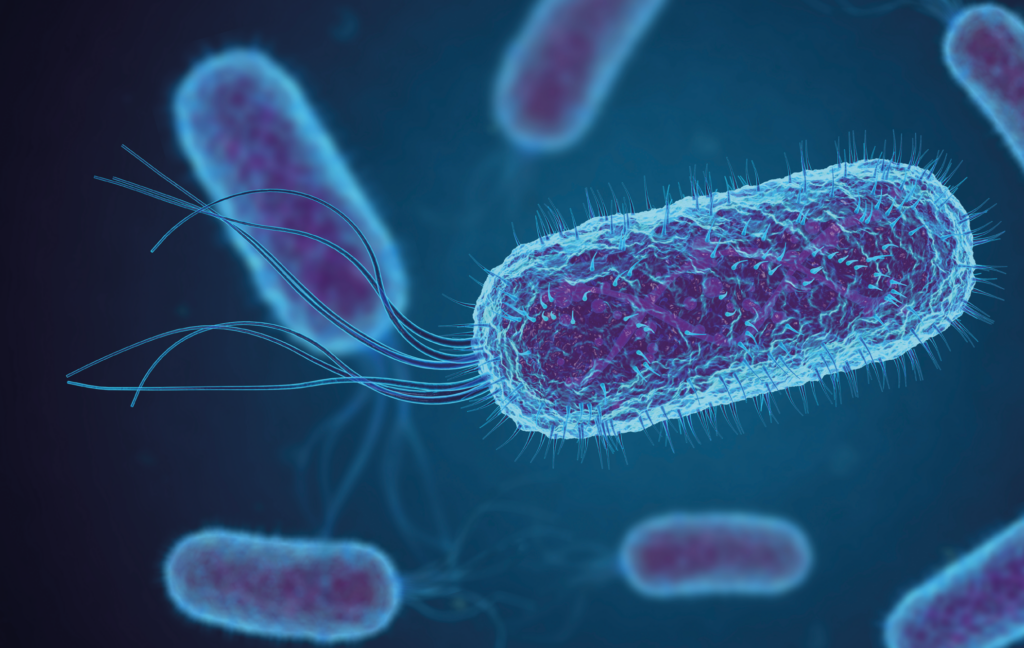The onset of Covid-19 meant that laboratories had to invest in automated systems for molecular diagnostics. As the world slowly starts going back to the ‘new normal’, these systems need to be utilised in new and novel ways, so that the investment doesn’t go to waste.
MWE’s Fecal transport swab means, you can now use your molecular systems to detect enteric pathogens in faecal specimens.
It is estimated that 685 million individuals worldwide suffer from gastroenteritis, and 17 million annually in the UK alone1. Traditional culture techniques for isolation of enteric pathogens have been used for decades across the world. Culture techniques can take days before results are derived, and sometimes can delay detection if the sample in the stool container wasn’t preserved correctly.
The FECAL TRANSWAB® can change that!
It can help provide results faster, at a lower cost, and in a more efficient manner.
The MWE FECAL TRANSWAB® is a convenient system for transporting faecal samples in small instrument-ready tubes, saving space, and making it easier to transport to laboratories. It enables rectal sampling which has benefits, particularly in paediatric patients. In addition, it simplifies and standardises stool sample collection, transport, and processing by converting solid or semi-solid specimens into liquid phase, in primary tubes, to facilitate automated faecal sample processing.
Diagnostic laboratories who have investigated the use of molecular screening in the routine detection of enteric bacterial pathogens have seen the benefits of its implementation; improved turnaround times on obtaining results, cost efficiency compared to conventional methods and the possibility of expanding the screening panel2. Molecular Enteric screening also reduces the amount of clinical waste generated within the laboratory, therefore making the lab more sustainable.
FECAL TRANSWAB® from MWE has proven to work on PCR systems such as the BD Max and other molecular techniques for the suitable recovery and identification of enteric bacteria. It has also proven to detect pathogens including Salmonella, Shigella, Campylobacter, E.coli 0157, Giardia, Cryptosporidium, and Entamoeba histolytica. A study carried out also shows rectal swabbing with the FECAL TRANSWAB® is as effective as direct collection of stool samples
The diagnostics industry has been forced to move to molecular platforms over the last few years. Where possible the industry should make the most of molecular platforms for efficient handling, transport, and detection of pathogen for faster results. Adopting FECAL TRANSWAB® is just a one way of doing that.
References:
1 https://www.cdc.gov/norovirus/trends-outbreaks/worldwide.html, May 2022.
2De Boer, R. F., Ott, A., Kesztyus, B. and Kooistra-Smid, A. M. D., (2010). Improved Detection of five Major Gastrointestinal Pathogens by Use of a Molecular Screening Approach. Journal of Clinical Microbiology. 48(11), 4140–4146.
